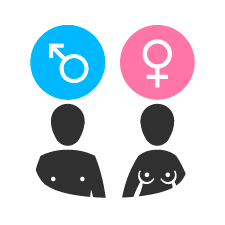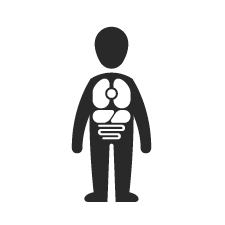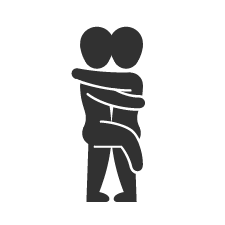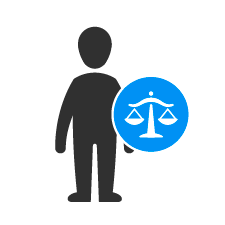At birth one is usually assigned a sex as either male or female based on the genitalia one is born with.
Most people are born with unambiguous male or female genitalia and other physical traits, but a few is born with both male and female traits.
The sex one is assigned is often important for which gender identity one experiences and which gender expression one has. It affects the expectations the rest of society has to how you should behave and what you should look like, and what role you have in society. It can also affect who you are attracted to and who is attracted to you.
Gender identity and gender expression
Your gender identitiy is the gender you identify as. Often, one identifies as either woman or man (or girl or boy). For most, this matches the sex they where assigned at birth. People who identify with the sex they were assigned at birth are often called cisgendered.
For some of us the gender identity does easily fit within the categories man or woman, or one experiences that the gender identity does not match the sex one was assigned at birth. It might then be the case that you don't want to define yourself as man or woman. Alternatively, you might want to define yourself as a man or as a woman, but this doesn't match the sex that you were assigned at birth. People who don't identify with the sex they were assigned at birth are often called transgendered or trans.
Unlike gender identity, a person's gender expression is something that can be seen or experienced by others. Examples include: someone's name, clothing, preferred pronoun, hair, facial hair, voice, behaviour or physical appearance. Trans people often want to have a gender expression matching their gender identitity and not their assigned sex.
Gender and gender roles
In a society there are certain expectations about what it means to be a man or a woman, and which roles men and women have in a society (gender roles). This is often referred to as gender.
The gender can affect:
- How a man or a woman should look.
- How a man or a woman should behave.
- What is typical for a man or a woman.
These roles and expectations vary in different cultures and societies. They are passed on by parents and the society. The roles and expectations change over time and can appear more and more diverse in many countries.
In relationships too, men and women have different roles. The roles of men and women are of equal importance.
Sexual orientation
People can have different sexual orientations. For example: heterosexuality (attraction to the other sex), homosexuality (attraction to the same sex) or bisexuality (attraction to both sexes).
Some people don't care that much about the sex of the people they are physically and/or emotionally attracted by.










